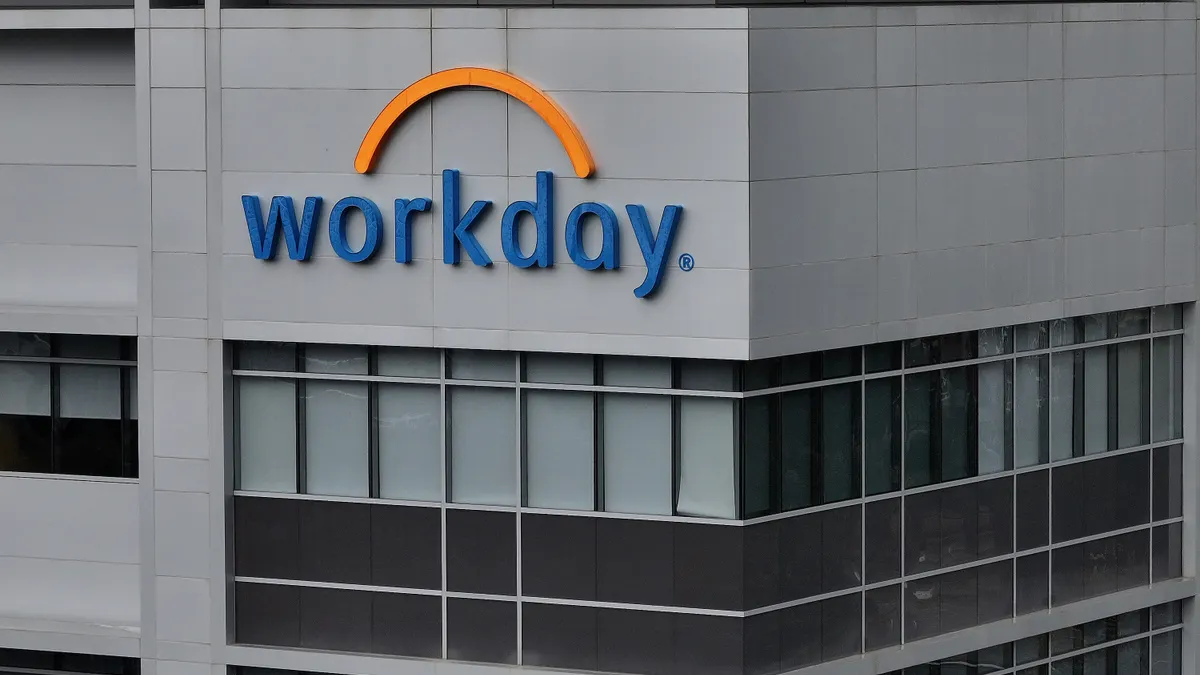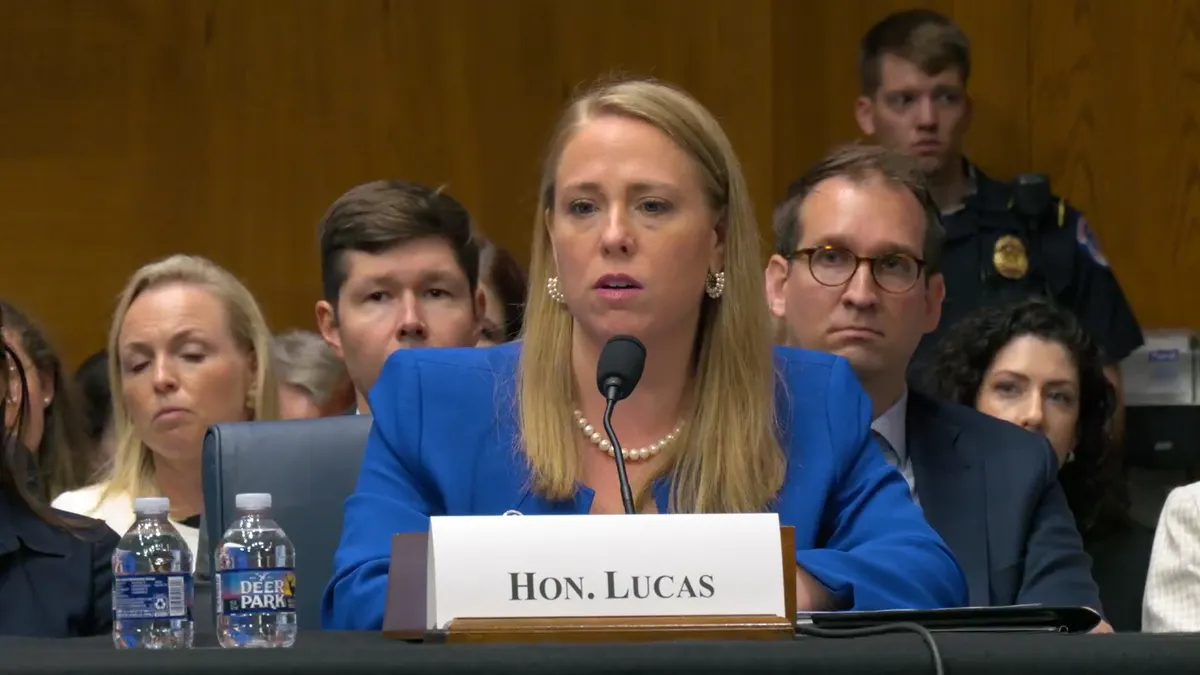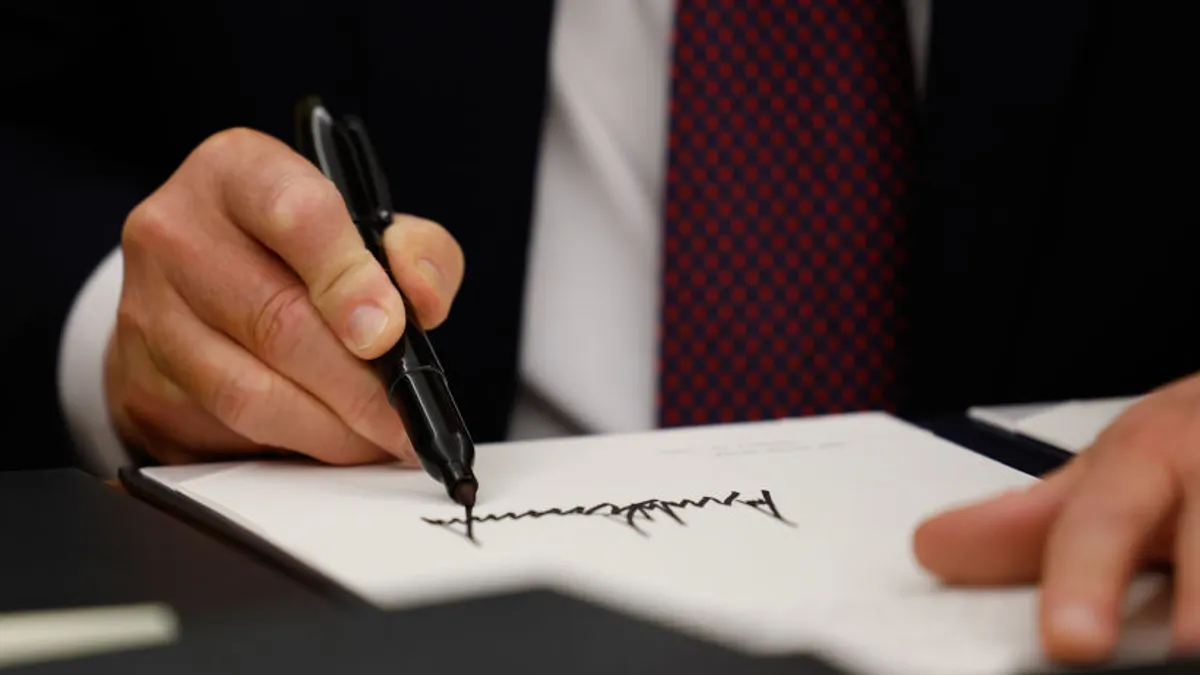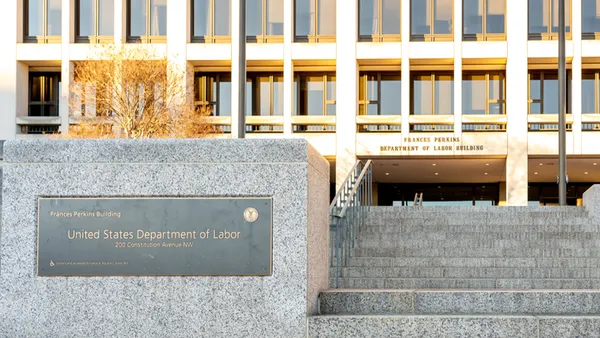Workplace discourse often trickles into trending topics — think “quiet quitting” or the hybrid work wars — but it’s rare that an HR professional becomes the nightly news story. By now, many in the profession have likely heard of tech company Astronomer’s then-CEO and CPO caught in a swaying embrace on the “kiss cam” at Coldplay’s concert this month.
Secondhand embarrassment aside, this viral moment raises interesting ethical questions about the workplace — perhaps most crucially, “Who governs workplace misconduct, especially when HR is the one behaving badly?”
The challenge of workplace romances
HR professionals may know all too well that workplace romances are a common occurrence. In a 2022 survey by HR consulting firm The Shift Work Shop, 77% of people admitted to having a romantic or sexual relationship with a co-worker at some point.
“It is not unusual for coworkers to find a romantic spark. Proximity is one of the best predictors of attraction,” Ryne Sherman, chief science officer at Hogan Assessment Systems, told HR Dive via email.
And this isn’t always a bad thing, according to employees. A 2024 study by ResumeBuilder.com indicated that 66% of people who reported having a workplace romance believed it had a positive effect on their work life. Many said it made them more excited to go to work or improved their mental health; some, however, said the “positive” effect was helping them get a raise or promotion.
Generally speaking, Sherman said he believes two consenting adults should not be required to disclose their romantic relationship. However, “[a] romantic relationship involving an employee who directly, or indirectly, supervises another creates potential conflict of interest and sexual harassment / misconduct charges if the relationship goes poorly.” In those cases, it’s likely in a company’s best interest for that to be disclosed, he said.
Policies and plans
Given the risk of potential sexual harassment litigation in such circumstances, employers could consider formalizing some principles.
“I certainly think that having a policy internally that prohibits romantic relationships between subordinates and supervisors is one component,” Domenique Camacho Moran, partner at Farrell Fritz, told HR Dive.
“The second thing is having good rules around what is appropriate workplace conduct — even if there is not a rule that prohibits any sort of romantic relationship,” Moran continued.
And employees should understand that conduct policies apply even to events like co-worker outings, Moran said. “Workplaces can be not just the office where we work, but it’s any place where we have a work-related activity.”
The issue of a C-suite romance, compared to other kinds of co-worker romance, is that “it’s higher stakes, higher profile,” David Rice, senior editor at People Managing People, told HR Dive. “There’s more at risk.”
There’s also the question of who receives the disclosure; for some companies that may be a board of directors. “You have to put an additional accountability loop in there that’s a separate third party — that’s not the head of HR,” said Jared Navarre, strategist and founder of Keyni Consulting.
It’s also important for companies to have a plan to “get out in front of” any potentially negative perceptions of company ethics, Rice said. Because now, at Astronomer for example, aspects of the business such as the HR budget may be under scrutiny.
A negative effect on morale
Conduct such as that of the executives at the center of the Coldplay “kiss cam” incident may erode trust in the company, sources told HR Dive.
“That creates a perception about the CEO’s judgment,” said Rice. Even if a CEO in this circumstance genuinely cared about people issues, for example, “you’re just inviting a ton of doubt into anything that you do.”
The Astronomer situation was indicative of a problem “that’s definitely systemic,” Navarre said. “I think any personal scandal like this reflects deep structural failure.”
From prevention to damage control
To prevent such scandals, employers might consider using third-party firms to conduct audits and keep business leaders accountable, Navarre suggested. Ideally, ethical accountability extends from the top down; “If it’s happening at the top level, it’s happening in middle management, sadly,” Navarre said.
And if it does happen, workplace experts have acknowledged that a change in upper management may be the best solution to such an ethical problem and PR nightmare. Andy Byron resigned July 19, a few days after the Coldplay incident; Pete DeJoy, a former product lead for Astronomer, is now the tech company’s interim CEO.
“Even though they’re part of the old regime, hopefully they’ll bring in some new leadership at the CEO level that will be able to set some new high standards,” Navarre said. “I think that’s their only path forward.”
A few days later, July 24, Astronomer told various media outlets that CPO Kristin Cabot had also resigned; rumors suggested she was on leave between the incident and her resignation, with some attorneys speculating that firing Cabot could invite legal liability.
As Moran told HR Dive, “The law doesn’t prohibit romantic relationships at work — although they can create all sorts of risk.”






















